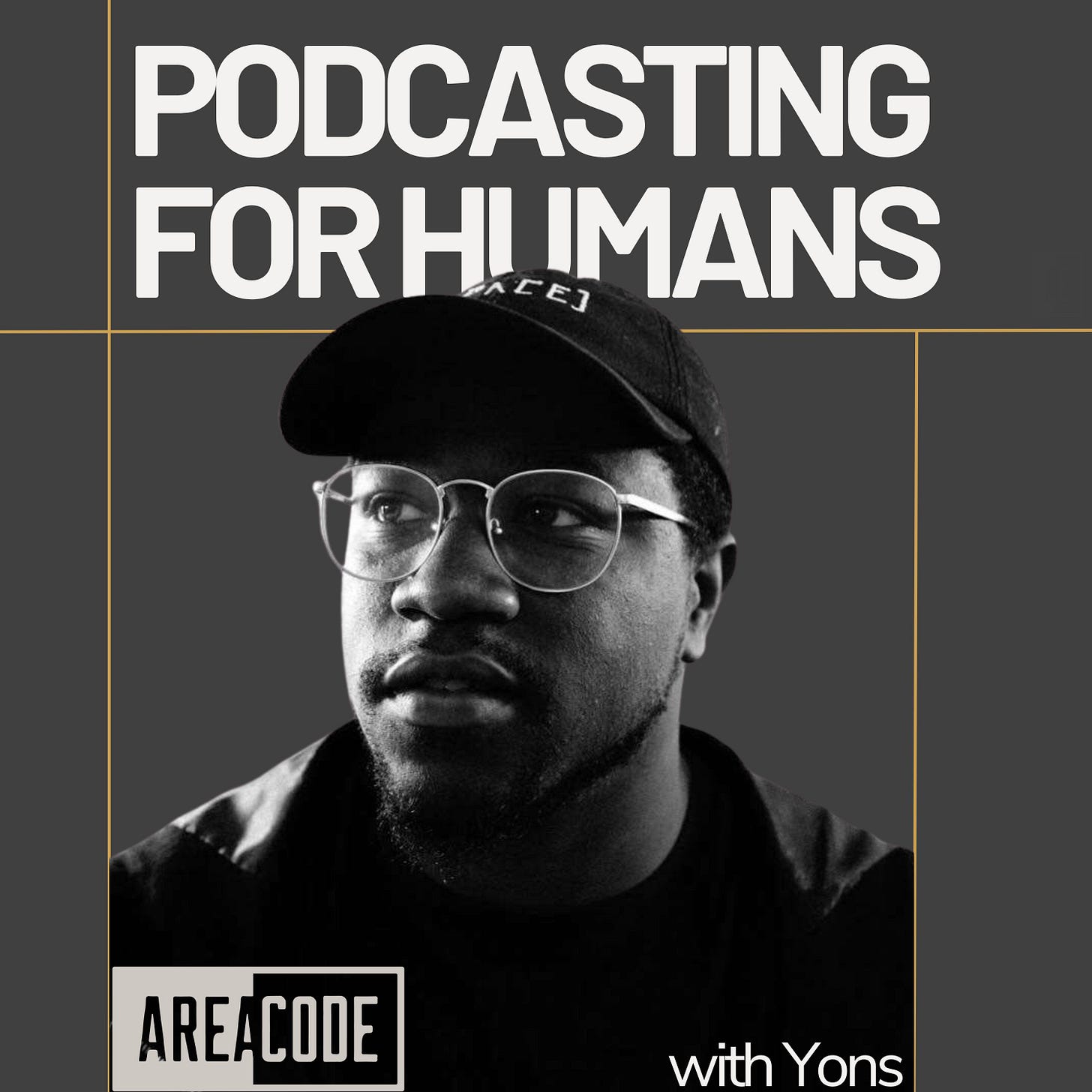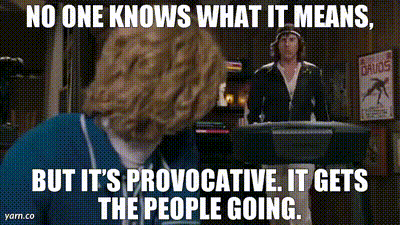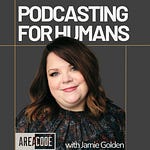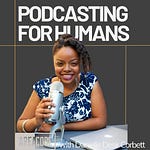This week, I had the opportunity to speak to Grammy-nominated musician and producer, Yons. This has been an eventful year for Yons. In addition to finding himself with his first-ever Grammy nomination, he’s been producing two extremely distinct podcasts, helping them with everything from the technical side of recording and production, to providing creative insight and advice on content and promotion.
And it’s with the promotion where, he’s found, things can start to get a little sticky:
“I’m dealing with how to create content that's interesting and entertaining without like being cheap, salacious, or sensationalist.
With Divorce Talk with miss Angie, she wants to be responsible with the content that she's putting out. But at the same time, she wants it to be interesting and inviting for people that may be interested in it. It's just kind of hard to catch people's attention without click bait stuff.”
As a podcast producer making a podcast that’s looking to establish an audience, Yons is facing a familiar tension. We see examples of this everywhere. Some of the most popular podcasts out there are popular because they simultaneously pander and alienate.
On the one hand, they pander to those that already agree with them, saying out loud the stuff people wish they could say in polite company. They might trash those with different political opinions, share controversial opinions about gender, or speculate wildly about conspiracy theories.
The claim is that it “just so happens” that these opinions alienate others, who aren’t their audience. The reality is that in our current social media ecosystem, alienating and angering the opposing side is a feature, not a bug. It gets your work seen, even if it’s for the wrong reasons. And so many online are passionate about what they’re against first, rather than what they’re for.
In politics, we call this “rallying the base,” and we’ve seen this play out in spectacularly destructive ways in the last few years. And I hope in this description you can inherently see what’s wrong with this approach.
From my perspective, I think this kind of approach puts a ceiling on exactly how deep of a connection you can make with your audience. If your whole relationship is built around what you agree on, and what you’re against (and who you piss off), what happens when opinions start to diverge? Either the relationship falls apart, or the audience veers into idolatry, which means the veer into seeing you as an omniscient being who lacks the actual characteristic of a human being. Either way, they’re not seeing you as an equal.
The goal, particularly with promoting your podcast, whether it’s through social clips, episode framing, or otherwise, is not so much to play up controversy as much as it is to play up tension.
There’s a difference. Tension is a universally engaging concept - it’s a necessary component to any good narrative, and it’s often downplayed out of discomfort or naïveté. Good podcasters allow themselves to live in, and even play up that tension a little bit in a way that makes the podcast more truthful, not less.
And this is distinct than someone simply coming onto your show and saying something controversial that you use as a promotional soundbite. That may draw interest in the short-run, but it won’t necessarily attract invested listeners.
If you’d like to hear more about how to play up tension without courting controversy, take a listen to my conversation with Yons.
Find out more about Yons at spaceghostyons.com.















Share this post